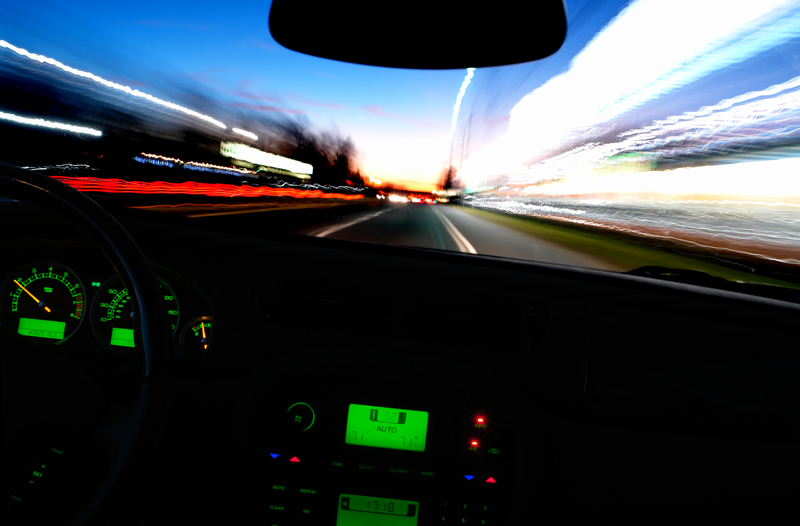AAA Foundation: A Poor Night's Sleep Dramtically Increases Crash Risk

Tossing and turning at night dramatically increases the odds of a crash the following day, according to the AAA Foundation for Traffic Safety.
“You cannot miss sleep and still expect to be able to safely function behind the wheel,” said Dr. David Yang, executive director for the AAA Foundation for Traffic Safety. “Our new research shows that a driver who has slept for less than five hours has a crash risk comparable to someone driving drunk.”
The Foundation's latest report reveals drivers who miss two to three hours of sleep in a 24-hour period were up to four times more likely to get into a crash than those who slept for seven hours. These figures mirror what the National Highway Traffic Safety Administration finds when studying driving over the legal limit for alcohol.
“Managing a healthy work-life balance can be difficult and far too often we sacrifice our sleep as a result,” said Jake Nelson, director of Traffic Safety Advocacy and Research for AAA. “Failing to maintain a healthy sleep schedule could mean putting yourself or others on the road at risk.”
More than a third of American drivers confess to drifting off in the driver’s seat, according to a report from the National Sleep Foundation. Drowsy driving results in roughly 100,000 crashes and more than 1,500 deaths a year, according to the National Highway Traffic Safety Administration.
Drivers can’t have the mindset of powering through the fatigue--there’s simply no fighting human physiology, said Ronald Knipling, author of “Safety for the Long Haul” a comprehensive textbook embraced by the trucking industry.
“Cracking a window or turning up the volume on the radio don’t work,” he said. “You best bets are to take a quick nap, get some caffeine or do some exercise to get your heart rate up.”
A nap is the best quick fix, but that roadside power nap shouldn’t be longer than 20 or 30 minutes and should be done in a safe place like a designated rest area or a well-lit parking lot.
Exposure to bright light can also reinvigorate you, he said.
“Take a walk in the sunlight. If it’s night, drink a cup of coffee in a brightly lit restaurant.”
A healthier lifestyle works wonders for alertness. A balanced diet and sufficient sleep are major contributors in reducing driver fatigue, said Knipling.
“A lack of stimulation or boredom won’t ordinarily cause an alert driver to become drowsy.”
Knipling offers the following tips on drowsy driving:
- Live well, drive well: Proper diet, exercise and restful sleep make you a more alert driver.
- Don’t fight exhaustion: A 20- to 30-minute power nap in a safe place can recharge you for the next leg of your journey.
- Stretch your legs: Pull over and get some light cardio exercise in to get the blood pumping. Supplement the exercise with a caffeinated drink and you should feel alert shortly.